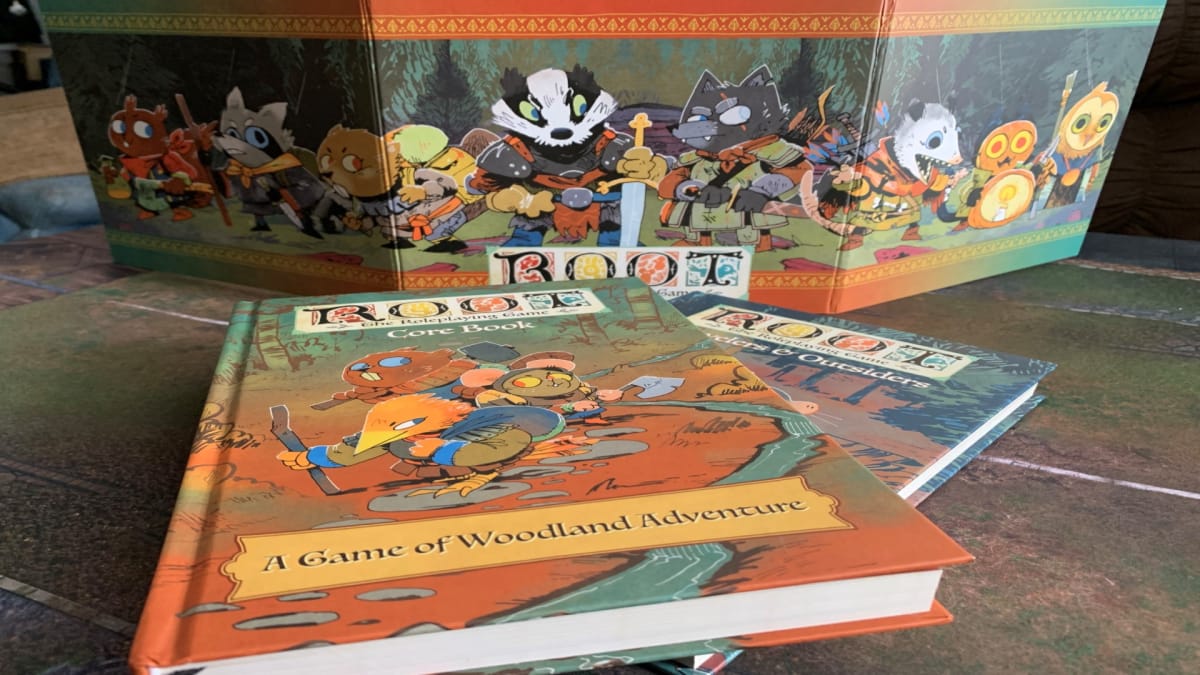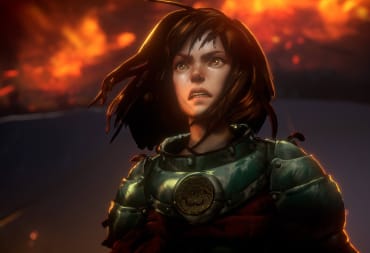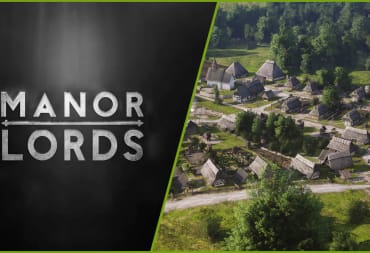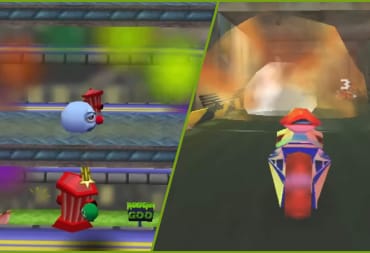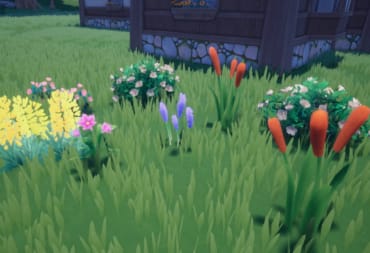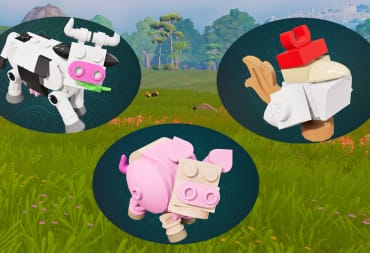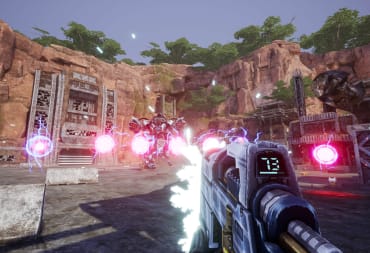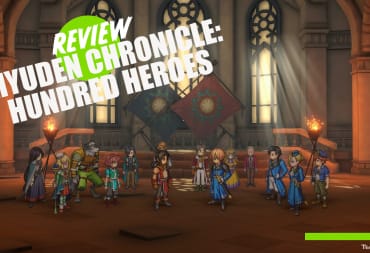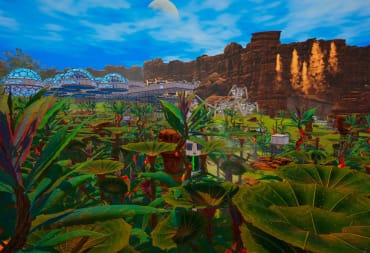As my group continued their journey as vagabonds through the world of Root: The Tabletop RPG, a lot of things changed. As they traveled from clearing to clearing, making temporary alliances and doing what they believed to be right over the course of the campaign, things started to change. Not just my players, but the very Woodland itself, their small decisions wrought large on the larger map. It was in moments like these that this roleplaying extension of the board game really came alive.
How Does Root: The Tabletop RPG Play?
Root: The Tabletop RPG by Magpie Games uses the Powered By The Apocalypse RPG system. This numbers-lite system is characterized by being accessible to players not familiar with tabletop RPGs. Players don't have to worry about overly complex character sheets but simply choose playbooks based on several defined character archetypes. Alternatively, the Gamemaster doesn't need to memorize or consult multiple charts and references to resolve conflict. Rather than roll dice to generate conflict or complications, the GM instead invokes actions on scenes like “reveal an unwelcome truth,” “disrupt a character's plan” or “put someone in a spot” in order keep scenes moving. The system as a whole emphasizes dynamic and thematic storytelling with roleplaying being heavily rewarded. Travel, combat, and resource management are mostly kept to abstract exhaustion tracks and quick exchanges.
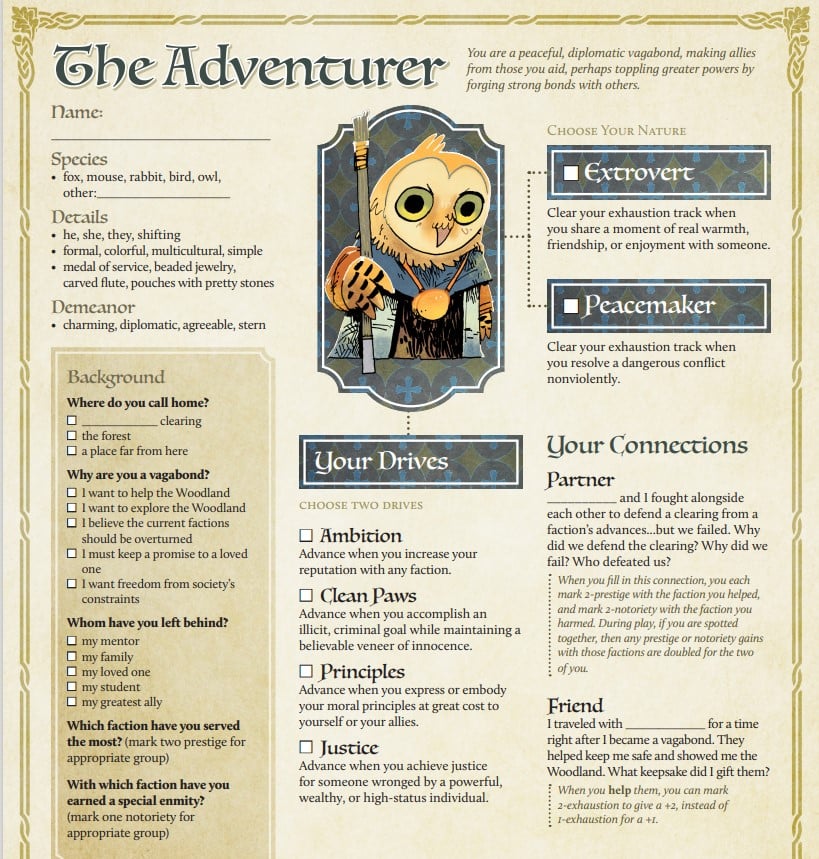
What Are The Player Options in Root: The Tabletop RPG?
The player experience was overall solid with a healthy mix of character archetypes. The Adventurer is a peacemaking diplomat. The Arbiter is closer to a combat-focused mercenary or protector. The Harrier is a fleet-footed entrepreneur with experience in counterfeiting and subterfuge. The Ranger is the cynical loner that is good at sneaking around and navigating forests. The Ronin is a masterless warrior with an honor code. The Scoundrel is a chaotic troublemaker that favors straightforward, possibly destructive tactics. The Thief, fittingly, is really good at stealing things and pulling off heists. The Tinker is a handyperson dedicated to craftsmanship and mechanical know-how. Finally, The Vagrant is a grifter, gifted with the ability to talk themselves out of bad situations.
As for customization, there is weapon and armor crafting. Since the world of Root is more heightened than outright fantasy, emphasis is put more on these tools than something like magic or the supernatural. Overall, the crafting system is simple but effective. Players can either gain additional benefits or give it additional boxes of wear. Furthermore, if they don't have the resources to barter for these changes, drawbacks can be included to lower the price.
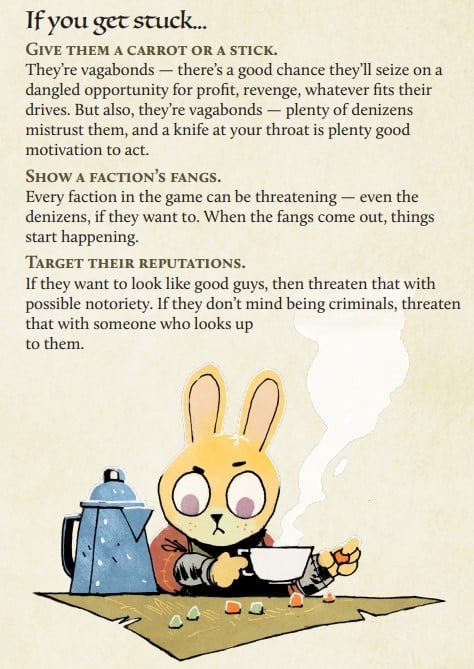
How Easy Is it to Run Root: The Tabletop RPG?
As for the GM experience, it can be equally freeing and daunting if you're used to systems with more crunch. As I mentioned before in my preview of the game, because there was a greater focus on character dynamics and character motivation, I felt more like a director of a TV show than someone threading a narrative out of numbers being generated. I couldn't just roll against a target number for an encounter chart or consult a social encounter reference, but had to maintain character consistency. It was my players' rolls that caused the complications after all, so that was one less thing to focus on.
The transition wasn't exactly flawless. While our first sessions were bouts of swashbuckling excitement against the Marquisate, ending in sword duels on a boat with a tone somewhere between Pirates of the Caribbean and The Princess Bride, the actual impetus to get the players into these situations were clunky, informed more by arbitrary quest-giving than natural character motivation.
Then we entered Pellinicky Glade. This was an adventure Magpie Games produced as part of Free RPG Day that I had integrated into the campaign. What followed was a genuinely engaging Agatha Christie whodunit murder mystery of the local mayor. The mayor stood against The Eyrie, which my players had serious beef with, and one of the suspects was a Dynasty sympathizer. The motivations wrote themselves. But the brilliant thing about it was I was crafting the mystery alongside them, taking into account the rolls my players made as well as some savvy GM moves to keep tensions high and the group guessing. My preparation shifted from charts and dice and modifiers to character profiles, connections, motivations, all framed around a simple murder scene of “was stabbed in the back in his study in the middle of the night.”
But as the players kept asking questions that I didn't have immediate answers to, the power of the phrase, “no, but actually yes” had its time to shine. Not only was this a stellar module, it was the turning point for my group where they were just as engaged, if not more so, by the social interactions and intrigue more than the immediate thrills of combat.
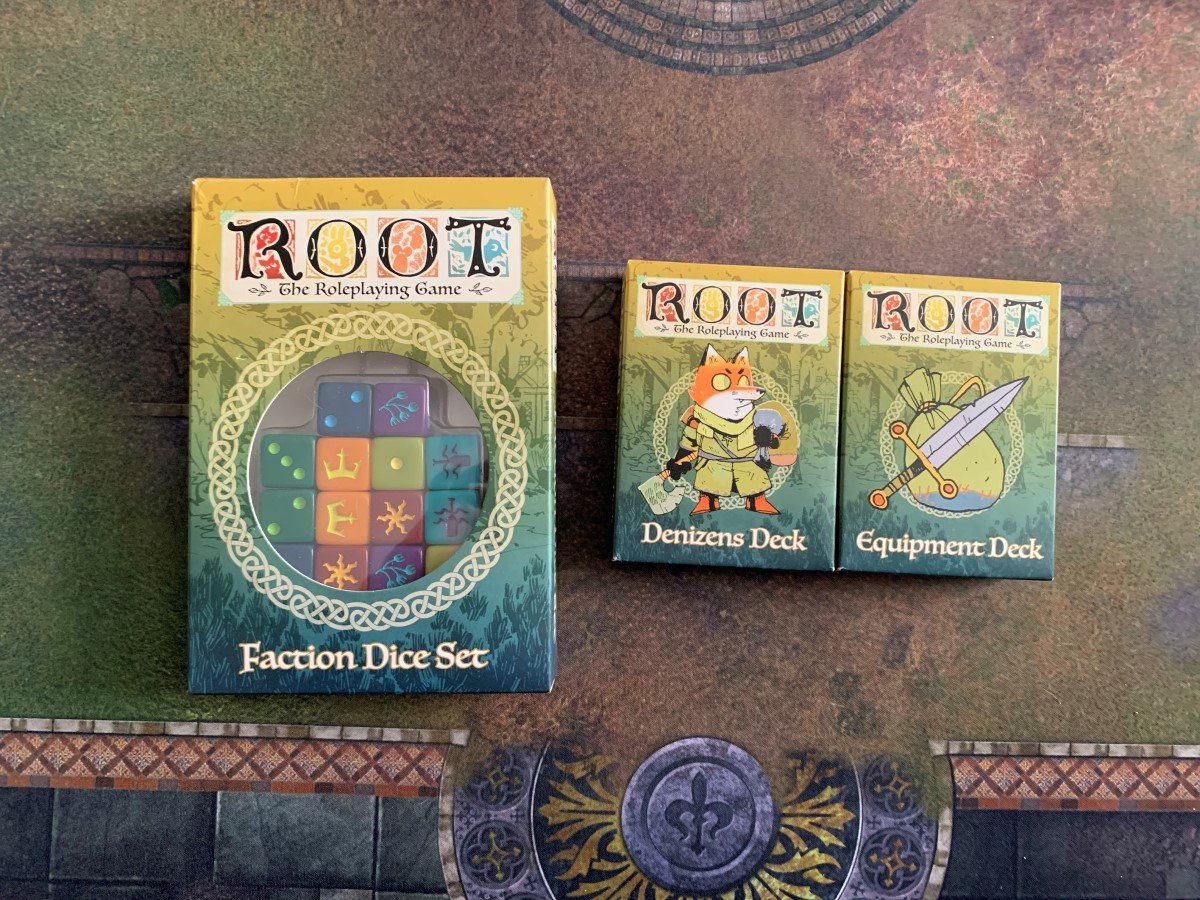
What Products Can Help Enhance Root: The RPG?
In keeping with Magpie Games' standards of quality, Root: The Tabletop RPG includes a few supplements and accessories. In addition to some official dice done in the colors and designs of the world's factions, there is the Travelers and Outsiders supplement. This introduces additional customization options for players, they include new factions as well. These include the commerce-oriented Riverfolk, the zealots of the Lizard Cult, and the shadowy network known as The Corvid Conspiracy. Overall, these factions are meant more as secondary groups meant to either compliment or complicate the big players of the Eyrie Dynasties, Marquisate, and Woodland Alliance. If you want even more complicated geopolitical skullduggery going on in your campaigns, this is a supplement to invest in.
However, if your group wants a more tactile experience at the table while playing Root: The Tabletop RPG, I highly recommend the Equipment and Denizen Decks. The Equipment Deck is a handful of cards showing stats for not just conventional weapons but references for weapon moves the players can perform. Alternatively, the Denizen Deck is packed with pre-made characters, complete with unique art, broken up across all of the major factions of the world. If you're a Gamemaster that struggles with making compelling characters and foils for your group to associate with, this deck is an absolute must. Furthermore, the quality of the cards themselves are stellar, sporting a great mix of gloss, sheen, and card thickness.
Finally, there is the actual Root board game itself. While the core rulebook does show how to make your own map of the Woodland, complete with dice rolls to determine which factions control which clearings, it also recommends using the actual map and game pieces. One of my players even proposed the idea of actually playing the board game, then stopping after a certain number of turns so they can change perspectives to the vagabonds as they passed through. If that is not a testament to how natural an extension this tabletop RPG feels, I don't know what is.
Should I Buy Root: The RPG?
If you enjoyed the world-shaping asymmetric design of Root the board game, but wanted a more personal touch to the setting of the Woodland, than I highly recommend Root: The Tabletop RPG. If you are new to tabletop RPGs or enjoy more roleplay-focused systems, this is very accessible and easy to just pick up and play. If you're a GM that loves complex characters and themes over complex numbers and rules, this will have your attention. If you are more at home with quick, action-oriented RPGs that doesn't put much thought into roleplaying, or scribbles NPCs quickly on napkins, this system might not be for you.
The copy of Root: The RPG's Core Rulebook, Travelers and Outsiders supplement, Denizens Deck, and Equipment Deck, used for this review were provided by the publisher.
Review Summary
Have a tip, or want to point out something we missed? Leave a Comment or e-mail us at tips@techraptor.net
